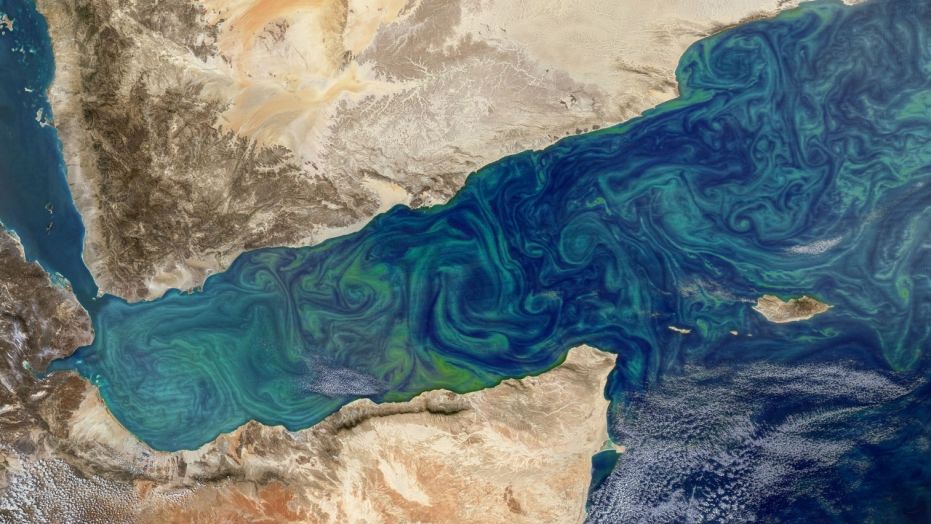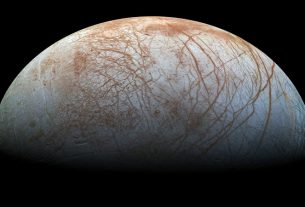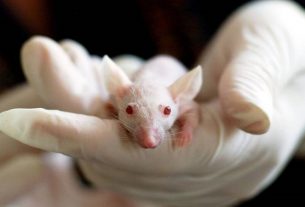Oceans are the 70% part of our beautiful Earth surrounded by them. They look so mesmerizing, we just forget our stress if we sit near them and stare at their waves, it’s so breath-taking. Waves are those storms which never disturb our mind and soul; In fact, it heals our mind and heart. Its silence creates relief and pain in our heart. Then why to pollute it? Why misuse nature? Save water today, tomorrow it will save you. We are here today, to talk about the twilight zone glory how it appears to be beautiful but can yet affect our Earth’s climate.
NASA’s scientists are endeavour into the ocean’s twilight zone to scrutinize how phytoplankton is poignant Earth’s aridity. Phytoplankton is microscopic organisms that lodge near the ocean’s exterior, where they bathe up the gleam. Phytoplankton has a lifespan of days to a week; they generally perish in the surface of the ocean as the small creatures like krill gulp them. Over 100 of scientists are active together to discern how this soul can brunt Earth’s climate. This offensive has been entitled with Export Course in the ocean from remote sensing (EXPORTS) that exploit underwater robot tools, satellite imagery, research vessels, Sally ride and Roger Revelled.
Washington D.C an EXPORT programme scientist at NASA headquarters state this- This lurking word the -twilight zone deceit from 650 feet to 3000 feet (200m-1000m) that lies beneath the ocean’s exterior where there is no luminous. No plants evolve in the twilight zone, only the animals who can embrace light can only subsist. Notably the bioluminescent critter. Temperature can plunge up to 41°D due to the inferior light present in it as compared to the sunlight region.
Stukel said carbon dioxide is uniformly imbued into the ocean from the atmosphere and about again into the atmosphere from the ocean. Ocean stirs the heart, inspires the imagination and brings eternal joy to the soul.
Be a part of a solution, rather than to be a part of pollution.




